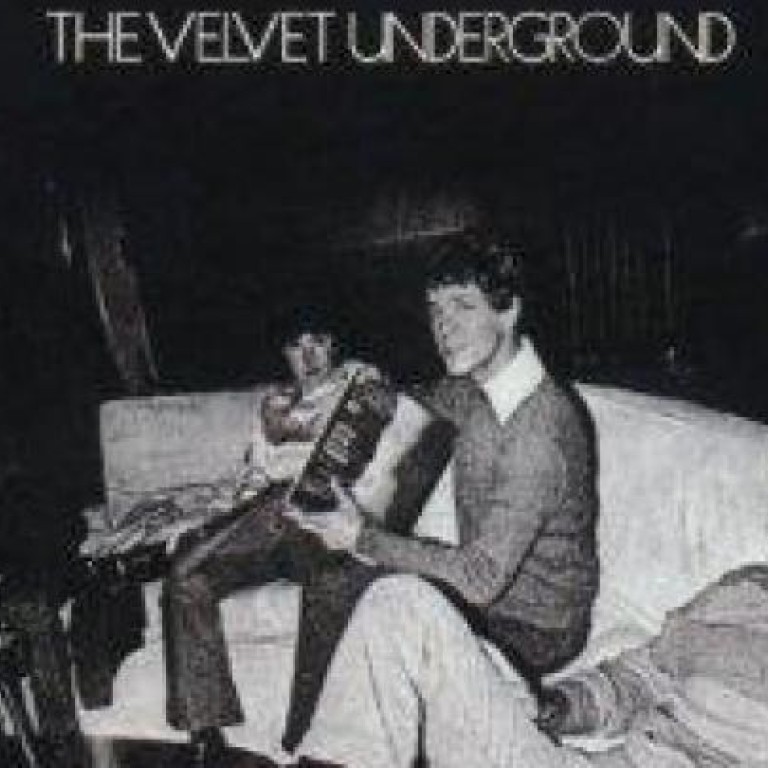
Kinder, softer sound of the Velvets' third album
The Velvet Underground are not known for their love songs. The band, who became famous under the aegis of pop artist Andy Warhol, are better known for their artistic explorations of the musical possibilities of feedback and distortion. Songs such as 1967's Heroin used discord and drone effects to convey the rush addicts experience when using the drug.
The Velvet Underground
MGM/Verve
The Velvet Underground are not known for their love songs. The band, who became famous under the aegis of pop artist Andy Warhol, are better known for their artistic explorations of the musical possibilities of feedback and distortion. Songs such as 1967's used discord and drone effects to convey the rush addicts experience when using the drug.
So the elegant and beautiful , which appeared on the band's eponymous third LP in 1969, came as a surprise. The delicate ballad, written by the Velvet's main songwriter, Lou Reed, replaced the usual expressions of angst and anger with those of love and lament. Backed by some melodic and textured guitars, and with only a tambourine for a rhythm section, Reed sang the repeated refrain "Linger on, your pale blue eyes" with an unexpected longing.
The song, the fourth on the LP, demonstrated the change of direction that permeated the album. Tracks such as the pensive and the life-affirming mixed the band's traditional disillusionment with a sense of hope.
"Can this be that same bunch of junkie … sadomasochist speed freaks who roared their anger and their pain in storms of screaming feedback and words spat out like strings of epithets?" wrote rock critic Lester Bangs in a review in magazine in 1969. "Yes. Yes, it can, and this is perhaps the most important lesson of The Velvet Underground: the power of the human soul to transcend its darker levels."
There were many reasons behind this unexpected change of direction. One of them was simply technical: the band's use of clean-sounding guitars was in part due to the fact that the case containing their fuzzboxes and distortion effects had been stolen from an airport. The idea behind the previous LP had been to push the VU meters into the red while recording. The loss of the pedals led to a decision to experiment with a quieter, less-distorted sound palette.
More importantly, the personnel were significantly different to the line-up of their debut, . Teutonic chanteuse Nico had left after that LP, and Reed had fired Welshman John Cale when their creative partnership became increasingly volatile. Cale, a viola player and organist who had studied avant-garde classical music before forming the band with Reed, was an opinionated master of controlled discord and drone effects inspired by Eastern music. He was replaced by someone much quieter: the mellow-minded bass player and singer Doug Yule.
was an obvious single, and probably would have provided the band with a chart hit. But due to disinterest at their record company, MGM/Verve, no single was released from the album.
Along with Reed's better-known , another song about heroin, stands as the prolific rocker's greatest ballad.
